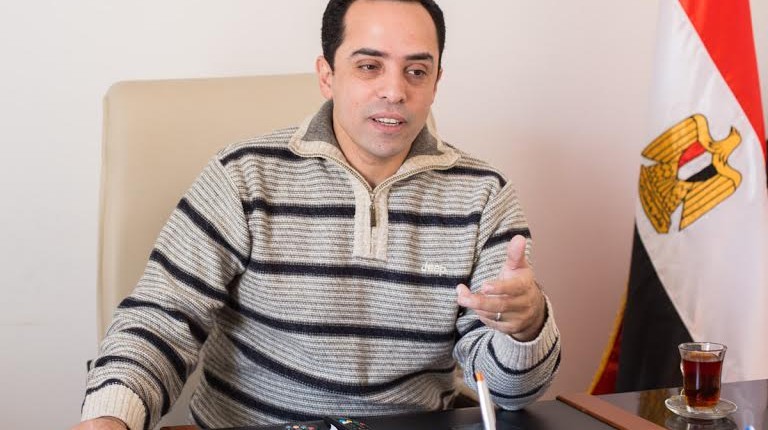There is no doubt that the conflict between Egypt and Qatar has begun moving from the political arena to other areas of conflict, and unfortunately the victims of this new conflict are Egyptian expatriates working in Qatar, especially those who have been outspoken about their support for the future roadmap since July 2013 and elected Abdel Fattah Al-Sisi as president of Egypt.
The overpopulation problem that has dogged Egypt for so long, and is still ongoing, is the reason that forced young people to leave the country searching for a “living”. As such, Qatar is one of these countries they left to.
Qatar’s deep hostility to the Egyptian state has been obvious, whereby it has repudiated Egypt’s Arabism and changed its outlook on Egyptians, specifically those working in Qatar.
Qatar has openly declared the beginning of a war against the Egyptian state and its leaders. Its weapons have been directed against the citizens working abroad, specifically those working in Qatar, i.e. those who built Qatar. Qatar appears to have forgotten the help that the Egyptian state and people granted it, as well as the fact that the Egyptian state is the safety valve for all Arabs.
Nonetheless, Egypt knows who stands with or against it.
After the election of President Abdel Fattah Al-Sisi in June 2014, the stress and anxiety had begun. Egyptians living in Qatar were told that the Qatari government wishes to terminate contracts for some of the Egyptian employees, especially after they declared their support for the roadmap and elected Abdel Fattah Al-Sisi as president of Egypt.
The Egyptian community in Qatar was shocked, believing that these were simply rumours. However, by the time the decision was applied, many parties claimed on one hand that it was Qatari government instructions, and on the other hand used as the pretext of reducing employment.
No matter the reasons, the problem cannot go unnoticed, because we cannot abandon our fellow countrymen and women, and leave them prey to the diseased government of Qatar, which thinks it owns the livelihood of the country and its people.
This must be addressed swiftly because these Egyptian workers are responsible for providing the expenses of their families that still reside in Egypt, as well as all the other expenses that weigh upon their shoulders.
The state must find jobs for the dismissed workers in other countries that value the Egyptian employee, such as Kuwait, the UAE, Bahrain, and all other Gulf states, with which Egypt has had positive relations, to nip this problem in the bud.
Moreover, Egyptian expatriates should be able to return home and contribute to Egypt’s development and prosperity.
Finally, for those of you who believe that the Egyptian state will leave their children prey to the whims of any government, you are wrong.
Abdallah Al-Moghazy is the former assistant to both Prime Minister Sherif Ismail and former prime minister Ibrahim Mehleb. He previously served as the spokesperson for President Abdel Fattah Al-Sisi’s electoral campaign. He also held a position on the Youth Advisory Council for the Supreme Council of Armed Forces, and was a spokesperson for the Al-Wafd Party.




